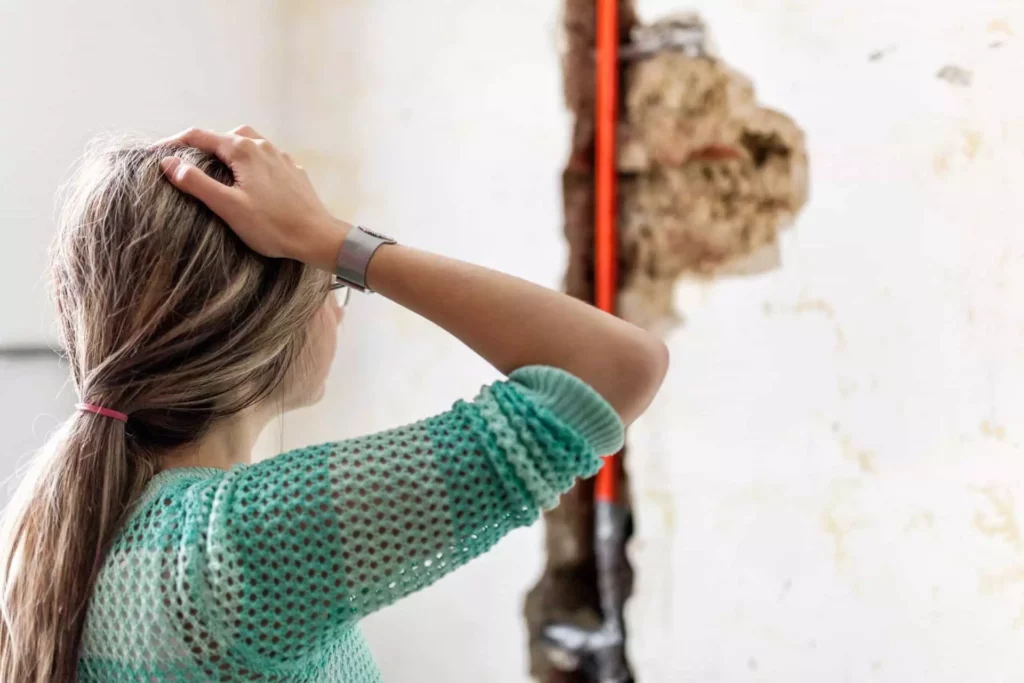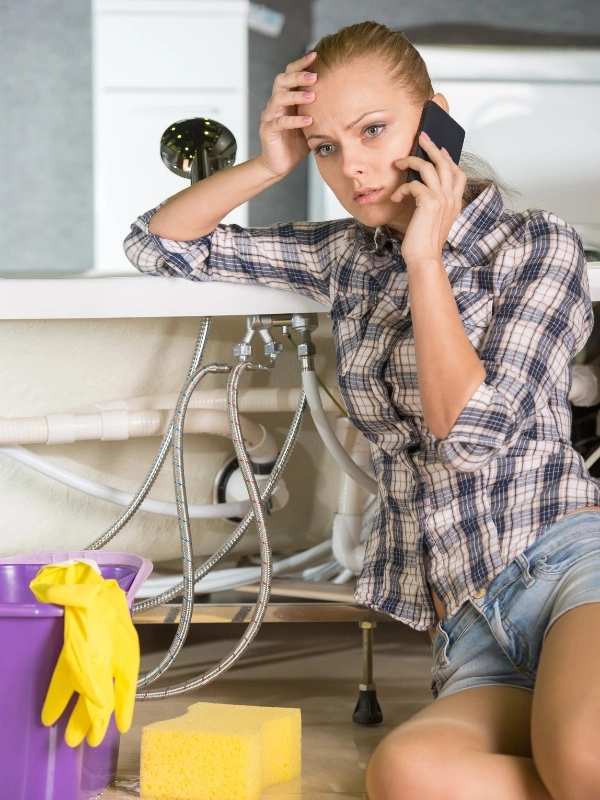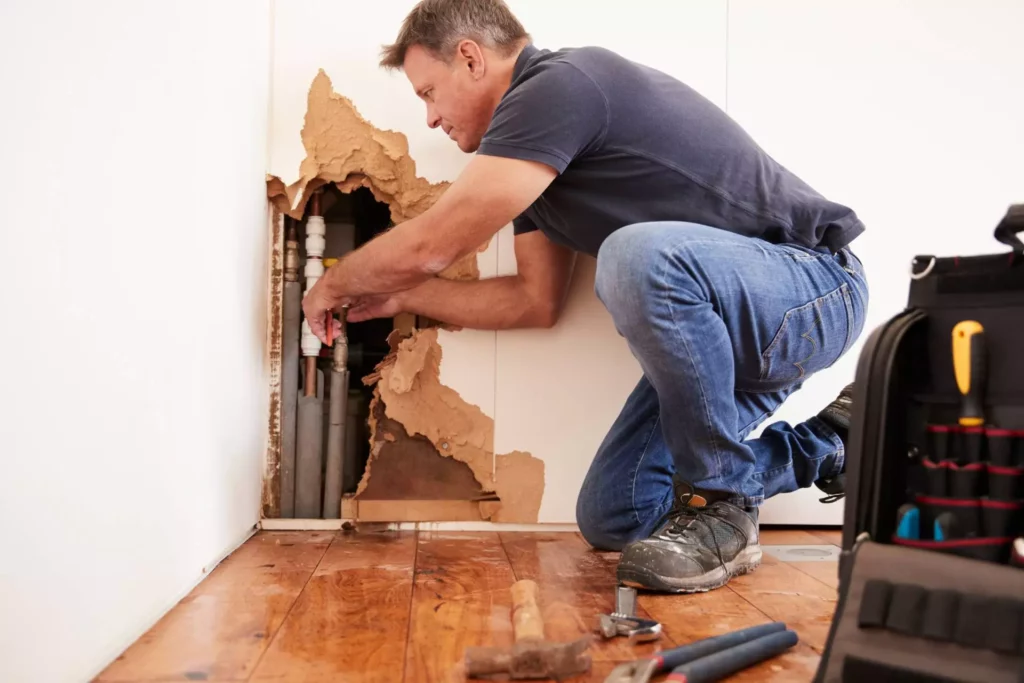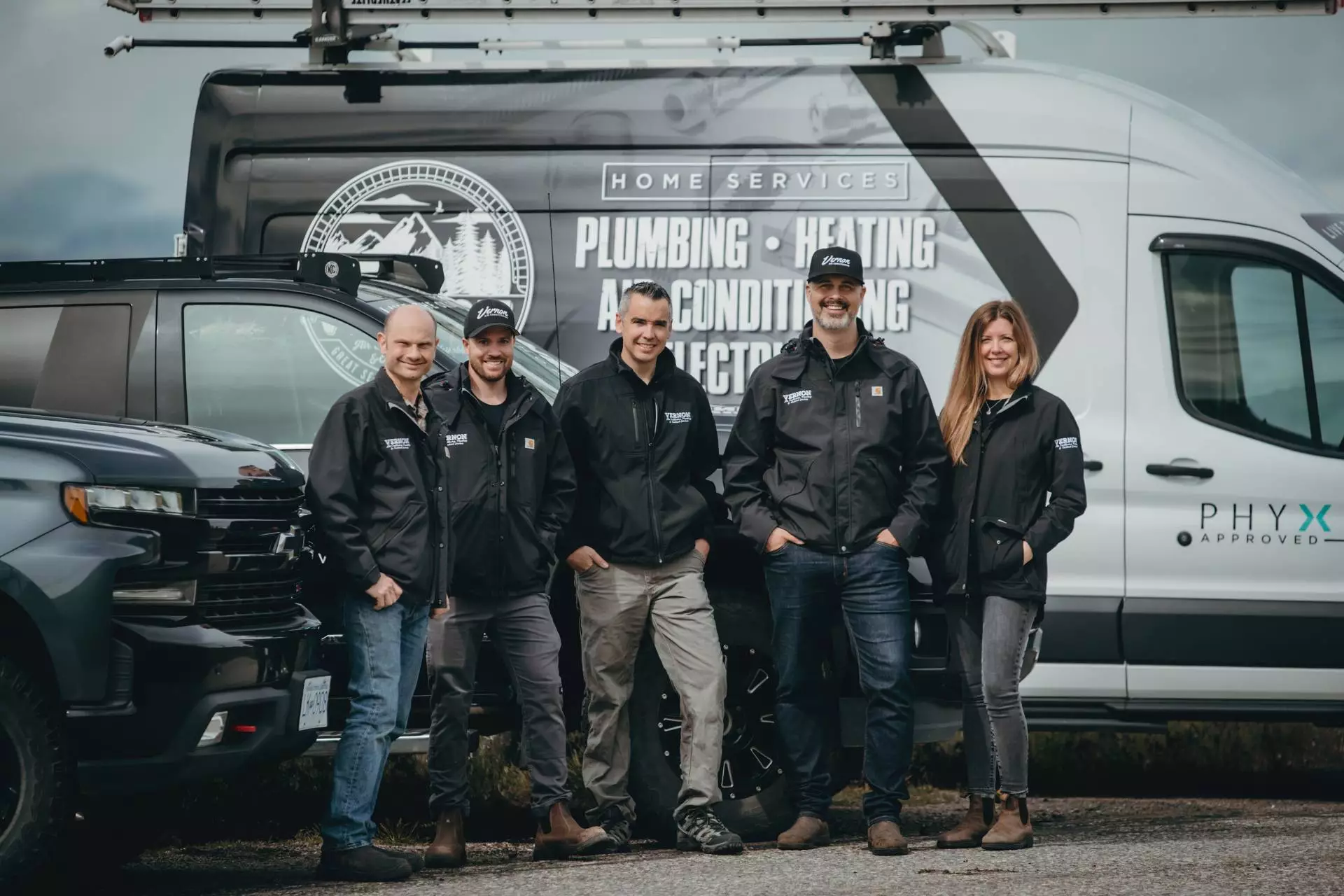[ad_1]
? How to Reduce Water Pipe Noise in Your Home
It’s widely accepted that piping is one of the most essential and valuable parts of any home in the modern age.
Yet when you constantly have to hear water running through them, you might feel like tearing them out of your walls.
Before you go to extreme measures, consider reading this article, where we will explore the causes of common pipe noises and quick fixes and long-term solutions to help you find peace before you burst.
? Understanding the Causes of Noisy Water Pipes

? The Role of Water Pressure in Pipe Noise
One of the main culprits behind noisy water pipes is excessive water pressure.
When the water pressure in your pipes is too high, it can cause vibrations and create loud banging noises or knocking sounds.
These noises are often most noticeable when turning on a faucet or toilet flush.
Excessive water pressure can result from various factors, such as a faulty pressure regulator or a malfunctioning water pump.
When the pressure exceeds the recommended range, it puts stress on the pipes, leading to the formation of air pockets and turbulence.
The pressure should typically be at most 55 pounds per square inch.
Otherwise, disturbances in the water flow will continue to generate the characteristic noise that can be heard throughout your plumbing system.
? Impact of Pipe Material on Noise Levels
The material used to manufacture your pipes can also contribute to the noise you hear.
Certain materials like copper and PVC are quieter than older materials like galvanized steel or iron.
Copper and PVC pipes absorb more sound, resulting in less noise transmission.
On the other hand, galvanized steel and iron pipes are more prone to vibrations and reverberations, which can amplify the noise.
These materials have a higher density and stiffness, making them less effective in dampening the sound waves produced by the flowing hot and cold water.
Furthermore, the diameter and thickness of the pipes can also affect noise transmission.
Thicker pipes tend to be more resistant to vibrations and can help minimize noise.
? How Pipe Installation Affects Noise
Proper installation of your water pipes is crucial to minimize noise.
Properly insulating the pipes can reduce noise transmission, as the insulation acts as a barrier to absorb and dampen the sound waves.
If pipes are not adequately secured or have loose fittings, it can lead to vibrations and banging noises.
Additionally, incorrectly angled or improperly supported pipes can cause water to flow unevenly, creating turbulence and making a rattling noise.
During installation, it is essential to ensure that the pipes are securely fastened to the walls or other structural elements.
This helps prevent any movement or vibrations that can generate noise.
Using appropriate pipe hangers and supports can provide stability and minimize the chances of rattling or knocking sounds.
The angle at which the pipes are installed also plays a role in noise reduction.
Properly angled pipes allow water to flow smoothly without creating turbulence or excessive pressure changes.
This helps maintain a consistent and quiet water flow throughout the system.
? Quick Fixes for Noisy Water Pipes

? Adjusting Water Pressure
One common cause of noisy pipes is high water pressure.
If you suspect this is the culprit, install a pressure-regulating valve.
This valve is designed to reduce water pressure to a safe and manageable level, alleviating the strain on your pipes.
Unless you are already a plumbing expert, it’s important to consult a licensed plumber to ensure the valve is installed correctly and calibrated appropriately for your specific needs.
Additionally, taking this step lets you address the noise issue and protect your plumbing system from potential damage caused by excessive pressure.
? Insulating Your Pipes
Another effective way to dampen the noise your water pipes produce is by insulating them.
This simple solution involves wrapping foam pipe sleeves or using insulation tape around exposed pipes.
The added insulation layer helps absorb and muffle the sound as hot water flows through the pipes.
Insulating your pipes also provides the benefit of preventing heat loss from hot water pipes.
Keeping the heat trapped within the pipes can reduce energy costs and make your plumbing system more efficient.
? Using Noise Reduction Clamps
If your pipes vibrate excessively or rattle against nearby surfaces, noise reduction clamps can come to the rescue.
Also known as shock absorbers, these clamps are specifically designed to minimize movement and absorb vibrations, effectively reducing the noise your loose pipes produce.
Installing noise reduction clamps is a straightforward process.
Simply follow the manufacturer’s instructions and attach them to the affected pipes.
You’ll be amazed at how much quieter your plumbing system becomes!
? Long-Term Solutions for Noisy Water Pipes

? Replacing Old Pipes
If your home has old and noisy pipes that are beyond repair, it may be time to consider replacing them.
Upgrading to modern materials, such as copper pipes or PVC, can significantly reduce noise levels.
Not only will this improve the overall acoustics in your home, but it will also provide you with increased durability and longevity.
With new pipes in place, you can enjoy peace and quiet for years.
When replacing your pipes, make sure to hire a professional plumber who can ensure that the installation is done correctly.
They will carefully remove the old pipes, taking care not to damage any surrounding structures.
Once the new pipes are in place, they will be securely fastened and properly insulated to minimize noise transmission.
? Installing Anti-Vibration Clamps
Consider installing anti-vibration clamps for a more advanced solution to minimize pipe noise.
These clamps are specifically designed to absorb vibrations, preventing them from resonating throughout your home.
By effectively limiting noise transmission, anti-vibration clamps can significantly enhance your overall comfort.
An experienced plumber will carefully assess your plumbing and determine the optimal locations for installing the clamps – some homes may already have air chambers installed here that need replacing.
They will securely attach the clamps to the pipes, ensuring a tight and stable fit.
With the clamps in place, the vibrations that once caused disruptive noise will be absorbed, leaving you with a quieter and more peaceful living environment.
? Install Water Hammer Arrestors
Water hammers are a common problem when the flow of water is abruptly stopped or changes direction, causing a shockwave and resulting in a loud banging noise.
If you’re experiencing this issue, installing a water hammer arrestor can help eliminate the problem.
Water hammer arrestors absorb the shock caused by sudden pressure changes in the pipes.
These devices are typically installed near appliances or fixtures prone to causing water hammers, such as washing machines or dishwashers.
By absorbing the shockwaves, water hammer arrestors prevent the noise from reverberating throughout your water system, providing a quieter and more peaceful home.
Just like in the other fixes, a professional plumber is needed to install equipment of this type.
They will assess your plumbing and determine the appropriate size and type of arrestor needed for your specific needs.
With their expertise, they will ensure that the arrestor is installed correctly and effectively eliminates the water hammer noise.
? Related Reading: DIY Guide to 15 Common Plumbing Problems & Solutions
? Conclusion

In conclusion, noisy water pipes can be a nuisance, but they are not without a solution.
Understanding the causes of pipe noise and implementing quick fixes or long-term solutions can create a quieter and more peaceful living environment.
If you have a serious case needing professional help or are just unconfident with fixing your system yourself, look no further than Phyxter Home Services.
We offer our expertise in various locations across North America, so check out our plumbing services page and see if we service your area and get silence back in your life.
Have any other problems with your home’s hardware?
? Whether it’s problems with your water and cold water supply or your air conditioner, we have the solution in our expert plumbing articles.
[ad_2]
Source_link


